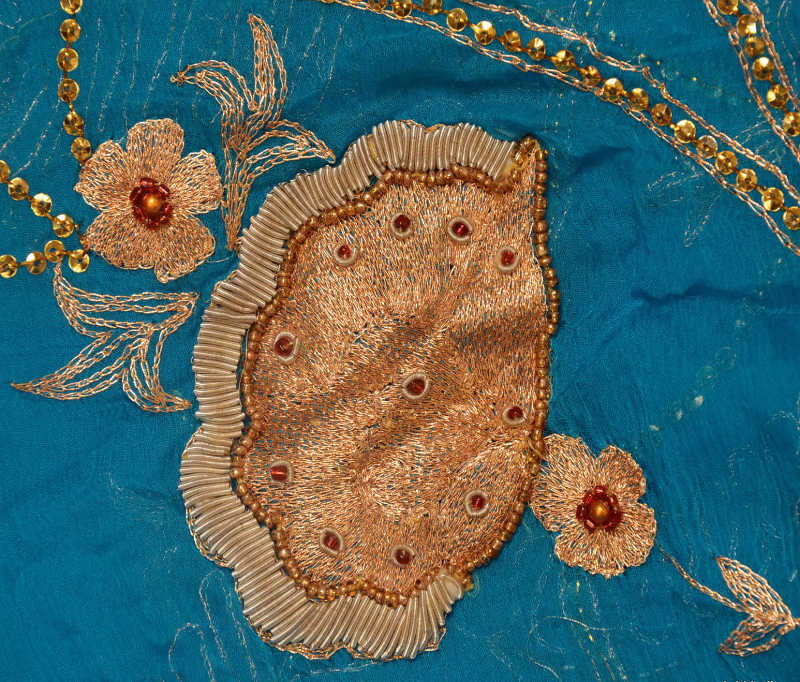===
0377,
1
===

=== |
 |
ruḳhṣat karnā : 'To permit or suffer to depart, give (one) leave to go, to bid adieu to, to dismiss; to send away, discharge'. (Platts p.590)
FWP:
SETS == GROTESQUERIE
MOTIFS == DESERT; MADNESS
NAMES
TERMS == DOUBLE-GHAZAL; GROUNDMost people would choose to take a 'stroll' in a garden or in the streets of a city; the speaker aspires only to take a 'stroll' (?) in the desert. Most people would expect to take a stroll without any special need for permission; the speaker can only take a stroll when the sky gives him leave (presumably by easing up for a little while on its constant persecution). And even if he obtains such formal leave or permission from the sky (or if the sky should actively 'send away, discharge' him for such a stroll), what is the result? He finds that the sky has caused, Instead of hair, acacia thorns to grow from his head. (What a show of wanton, unmoored 'grotesquerie'!)
So perhaps the sky is playing with the speaker, the way a cat plays with a mouse. It seemingly grants him a leave or a small vacation, so that he can stroll for a bit in the desert. But then he finds himself afflicted in new and fresh ways. Since the desert is notoriously thorny anyway, perhaps the sky wants the lover to feel that whereas other desert-travelers merely have thorns pierce into their feet, he alone has (metaphorical or even real) thorns pierce out of his head.
Who could have imagined that the sky was so diabolically inventive, such a treacherous 'cruelty-enjoyer'? Apparently the sky wanted to make sure the poor lover had no respite at all from his suffering. Still, the image of the poor lover with thorns growing out of his head is so off-putting that it does tend to vitiate the verse.